Host of NPR podcast “Pop Culture Happy Hour” shares wisdom —and hot takes — with Moody College students
Host of NPR podcast “Pop Culture Happy Hour” shares wisdom —and hot takes — with Moody College students
Aisha Harris talks social media, Black art and her new book “Wannabe”
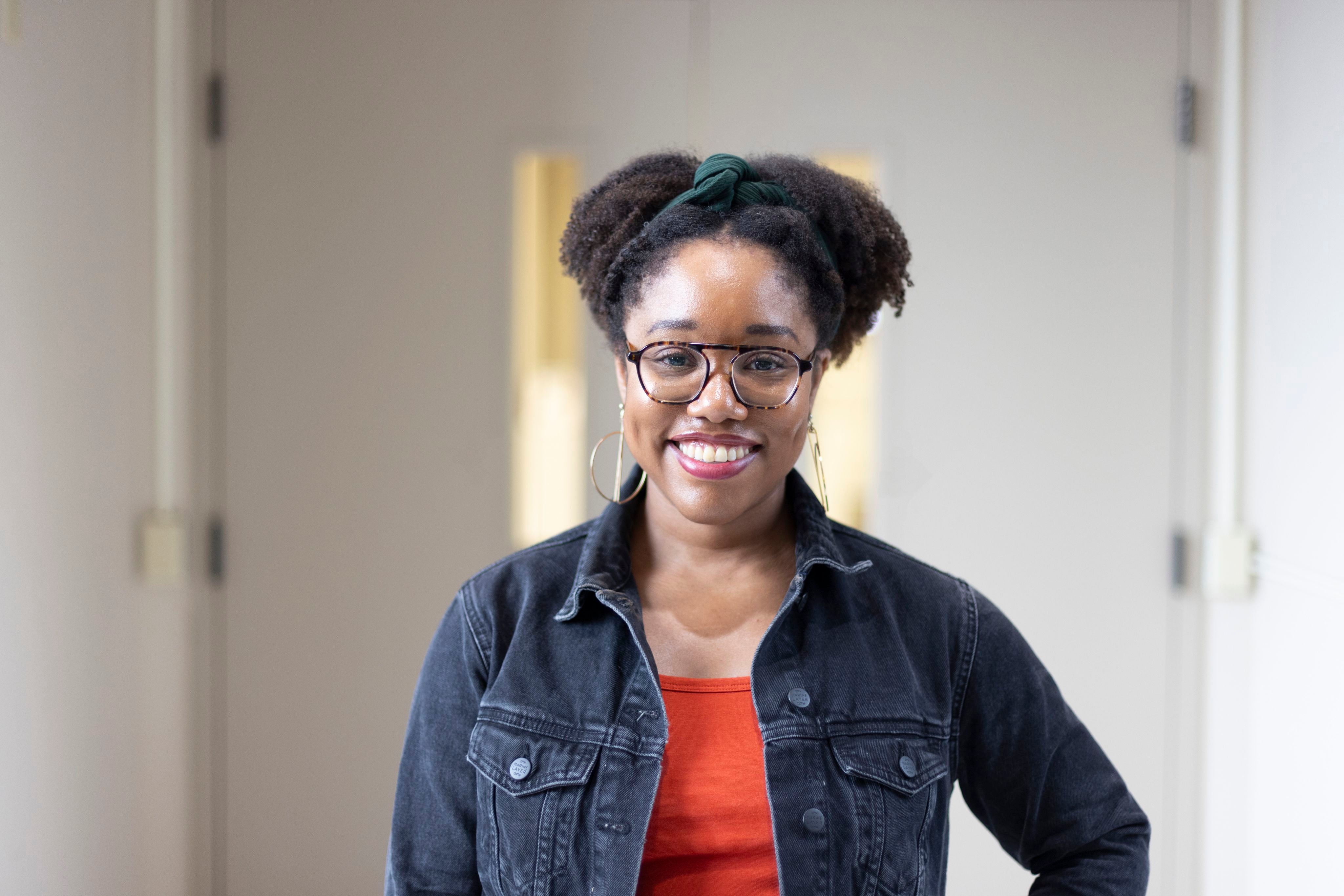
In a nook in her Bay Area apartment, padded with Ikea curtains to dull the outside noise, Aisha Harris hits “record.” For the next 20 minutes, she and her friends and co-hosts gather virtually and gab into their own home mics about movies, TV shows, music and all the things they’re obsessed with.
Harris, co-host of the NPR podcast “Pop Culture Happy Hour,” said the recordings eventually are woven together to create what people hear on their podcast platforms. It’s her dream job, she said, and she’s thankful to be part of the wider breadth of people and voices being represented on public radio today.
Last month, Harris spoke to Moody College students about writing for audio, parasocial relationships and her disdain for famed jazz performer Kenny G’s music at the fall keynote event hosted by the Moody College Honors Program.
Harris said she listened to “Pop Culture Happy Hour” well before being a guest or working on the show. It was one of the very first podcasts she started listening to for pop culture and entertainment news. At that time, podcasting was still in its infancy.
“When I eventually moved into my career and started becoming a guest host, before I joined as a full-time host, I was just so happy,” Harris said. “I was like, ‘Oh my God, I listen to these people all the time.’”
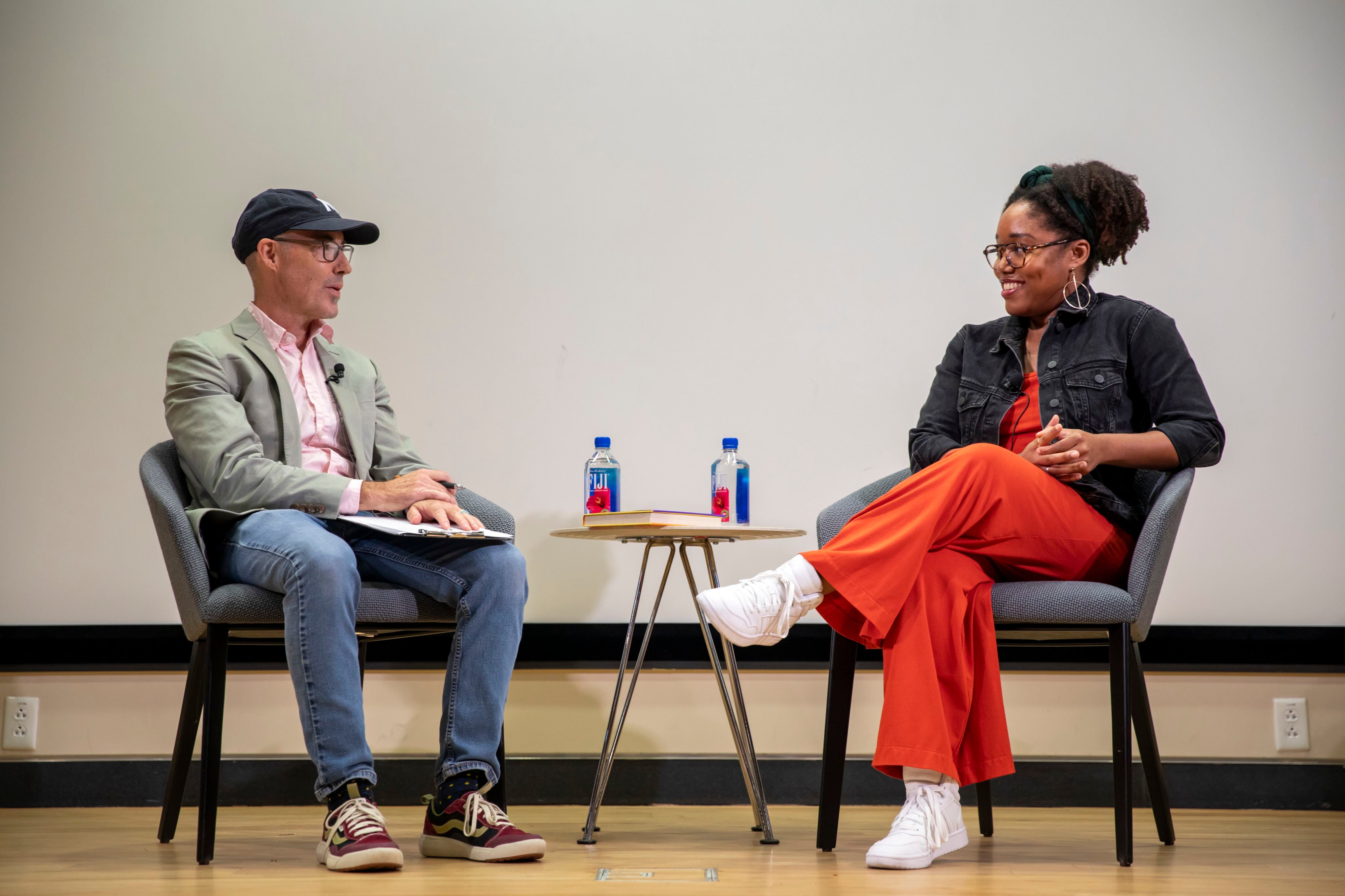
At the event, Harris also discussed her new book, “Wannabe: Reckonings with the Pop Culture That Shapes Me.” It’s a series of personal essays that explore pop culture’s political nature and how it influences everyone, regardless of background. In one essay, Harris writes about the one-dimensional Black friend in movies like “She’s All That” and books like “Huckleberry Finn.” In the next, she bemoans the seemingly never-ending number of sequels, prequels and spinoffs being made today.
“There are all these ways that pop culture affects who we are and how we interact with the world around us,” Harris said. “This is kind of what the book is: exploring all the different ways, whether it’s me as a Black woman, as a millennial, as a critic, as a thinker. It shaped me, and we also have the power to shape it back.”
One of the chapters in “Wannabe” discusses how to be a critic of Black art and urges the reader not to assume that any representation is good representation. Harris believes there has been a renaissance of great Black films and art in the past few years, but at the same time, the internet is becoming an increasingly toxic place to talk about it. She said that, in the past, people didn’t want to criticize Black art because of how little representation there was to begin with.
“I don’t believe that we should be afraid to critique Black art if it isn’t good,” Harris said. “I think that we have to in order to feel as though progress is actually happening. I think we have to treat Black art the way we treat any other kind of art because it doesn’t need to be treated with kid gloves.”
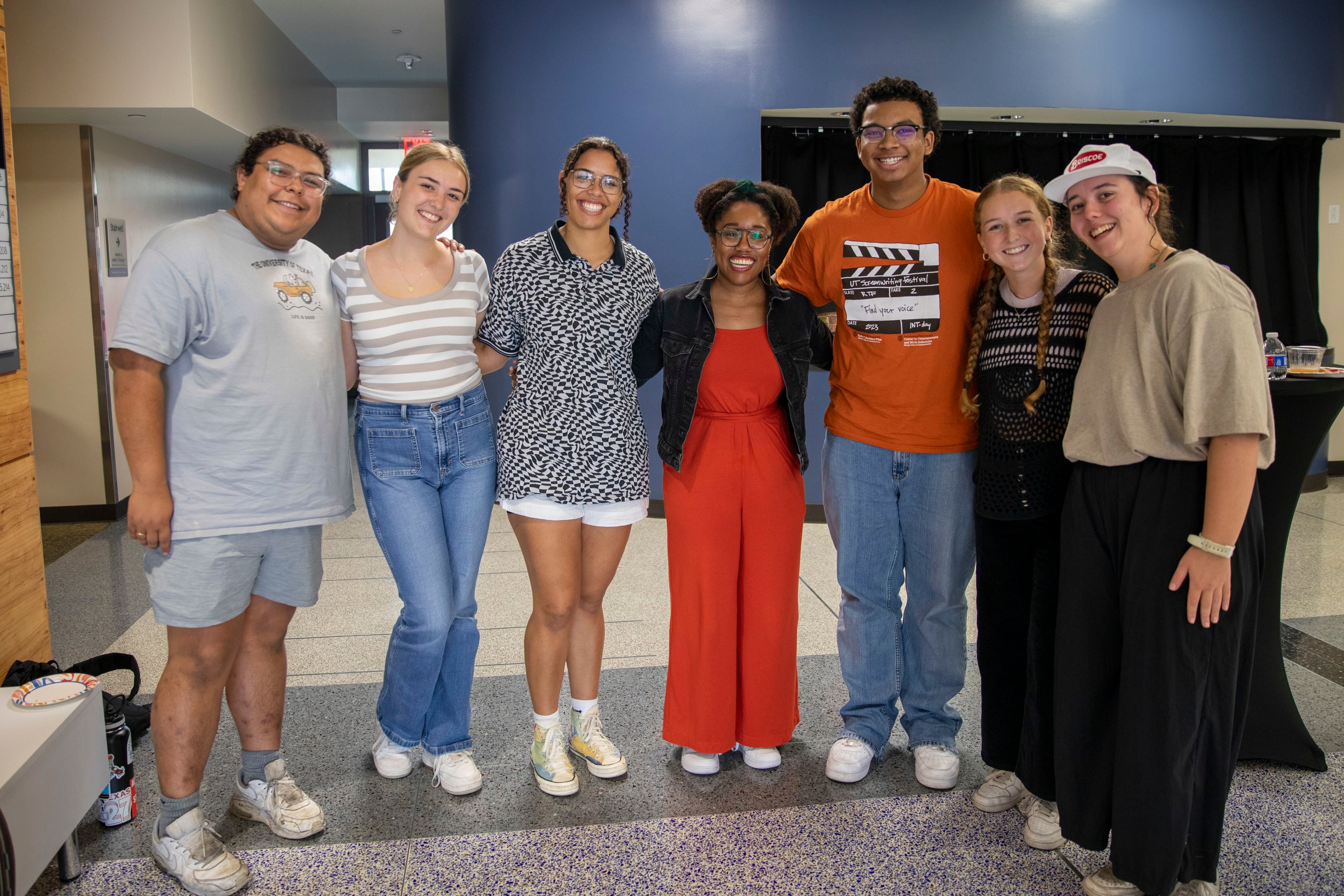
Harris said that her relationship with pop culture is filled with a constant push and pull between liking and disliking something. There’s also tension around how content makes her feel about herself or how she thinks it makes other people perceive her. Pop culture is powerful, she said.
Another chapter in her book delves into the evolution of the star-audience relationship and how personalized celebrities’ public identities have become with the advent of the internet. It focuses on how fraught our relationship is with social media, and how people today expect every artist to take a stance on something.
“I think that we are in a moment of reckoning with these expectations of celebrities who probably don’t know anything about the things that we want them to make a statement about,” Harris said. “I think part of the issue is that we want our pop culture, the things that we like, to just reaffirm who we are, or who we think we are, or who we think we want to be.”
Hear more from Harris, and listen to an episode of "Pop Culture Happy Hour."
Q: You’ve worked at Slate and the New York Times. How was the shift from print to audio?
A: Writing for people to read is very different from writing for audio. For audio, you’ve got to have short sentences, to the point. When you only have audio clues and you don't have visual information, the human brain can only process so much at a time. So you have to keep it concise. And you cannot write flowery sentences like I like to do. If you've read my book, there are some very long passages of run-on sentences. I've broken all the rules. You can't write like that for audio. That’s something that I have had to learn, how to switch my brain from writing for print and digital to writing for when I'm going to be speaking audibly.
Q: I was wondering if you could talk a little bit about how your team selects what your episodes are going to focus on. How do we pick something that's entertaining for the listener, but also is going to generate some sort of significant conversation and leave them reflecting after they've listened to the podcast?
A: It’s constantly shifting. In recent years, even before I joined the show, the team was making a very conscious effort to expand its audience. NPR, broadly speaking, still skews older and whiter. In recent years, there have been efforts to broaden our horizons, including creating Spanish-language podcasts. We're also, to some extent, beholden to the release schedule of what is coming out. If there's something that we know is coming out, but we don't know if our audience is really interested in it, we'll wait until it gets an Oscar nomination or something. It’s kind of a balance between, what do we think our audiences will like or listen to and what do we know they're going to want to hear us talk about? We also sometimes do smaller things, like a recurring segment called “What's making us happy.” That’s every Friday, and we share our recommendations.
Q: You studied theater and cinema. I was wondering how going into journalism, how you have found your voice has changed as somebody who didn’t study journalism specifically?
A: I tell every college group that I talk to, unless you're trying to be a doctor or a surgeon or physicist or something, you can major in whatever you want. Your career might look very, very different 10 years from now. My co-host, Linda, is an ex-lawyer. There's a lot of ex-lawyers because law doesn’t seem that fun. Theater helped me develop my voice as a performer. And, yes, I am a journalist. But I'm not like a hardcore journalist going out and reporting on the news. I am talking about pop culture, and there is an element of performance when you are doing radio or TV. So I definitely have used a lot of the skills I learned in theater to this day in my job as a podcaster.
Q: Would you call social media in current culture something more constructive or destructive in society?
A: It is what you make of it, right? I think that you can make it a constructive place, and it can be a way for you to connect with people who you would never otherwise connect with. Tumblr was such a great space for people to indulge in their creative skills like creating fan fiction and just connecting with other people, especially if you were like me and kind of the loner in school. But then, of course, it is disruptive because we know that looking at Instagram makes us all feel worse about our lives. We know that people are really mean to people that they can't put a face to. So, yeah, it's both good and bad.
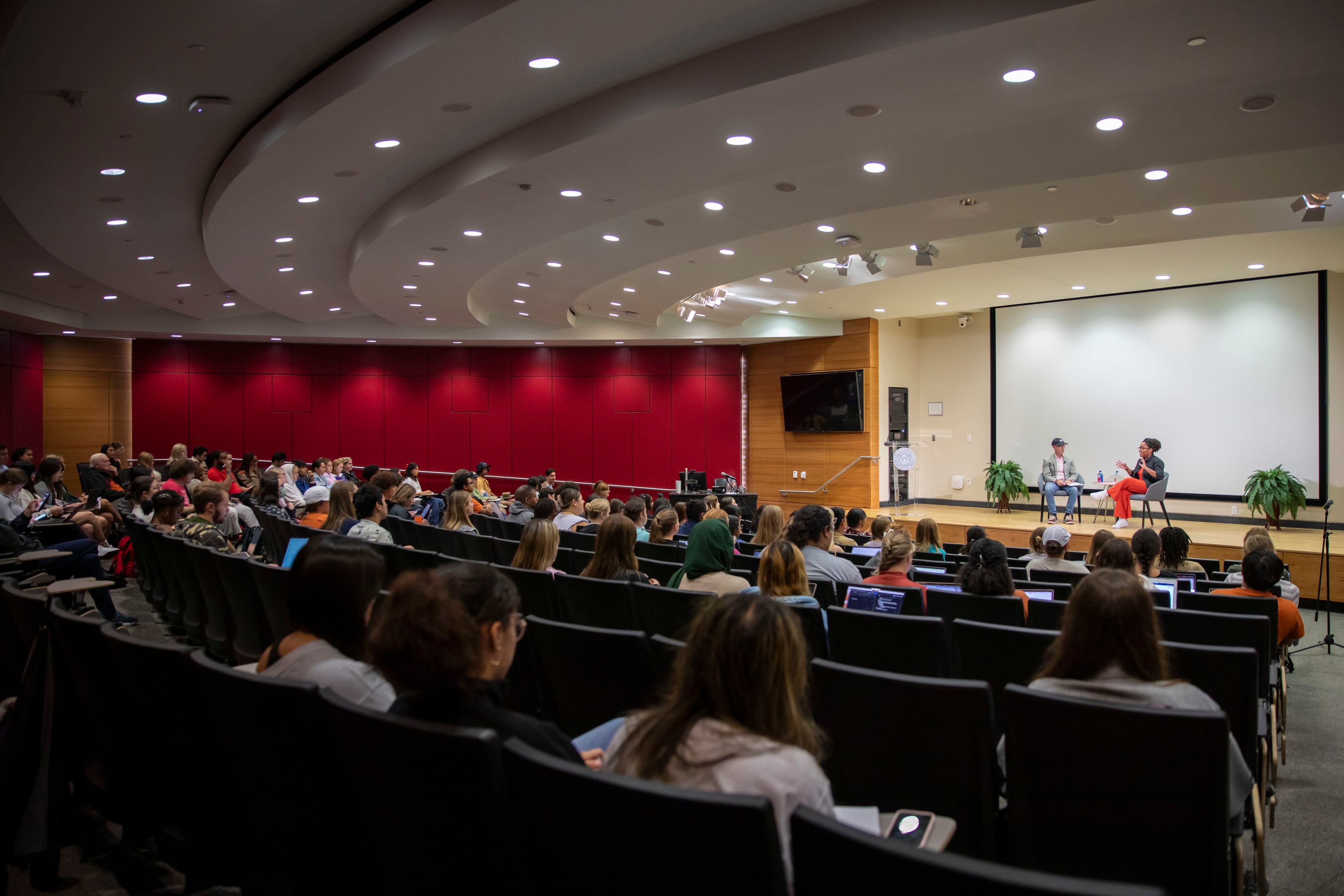
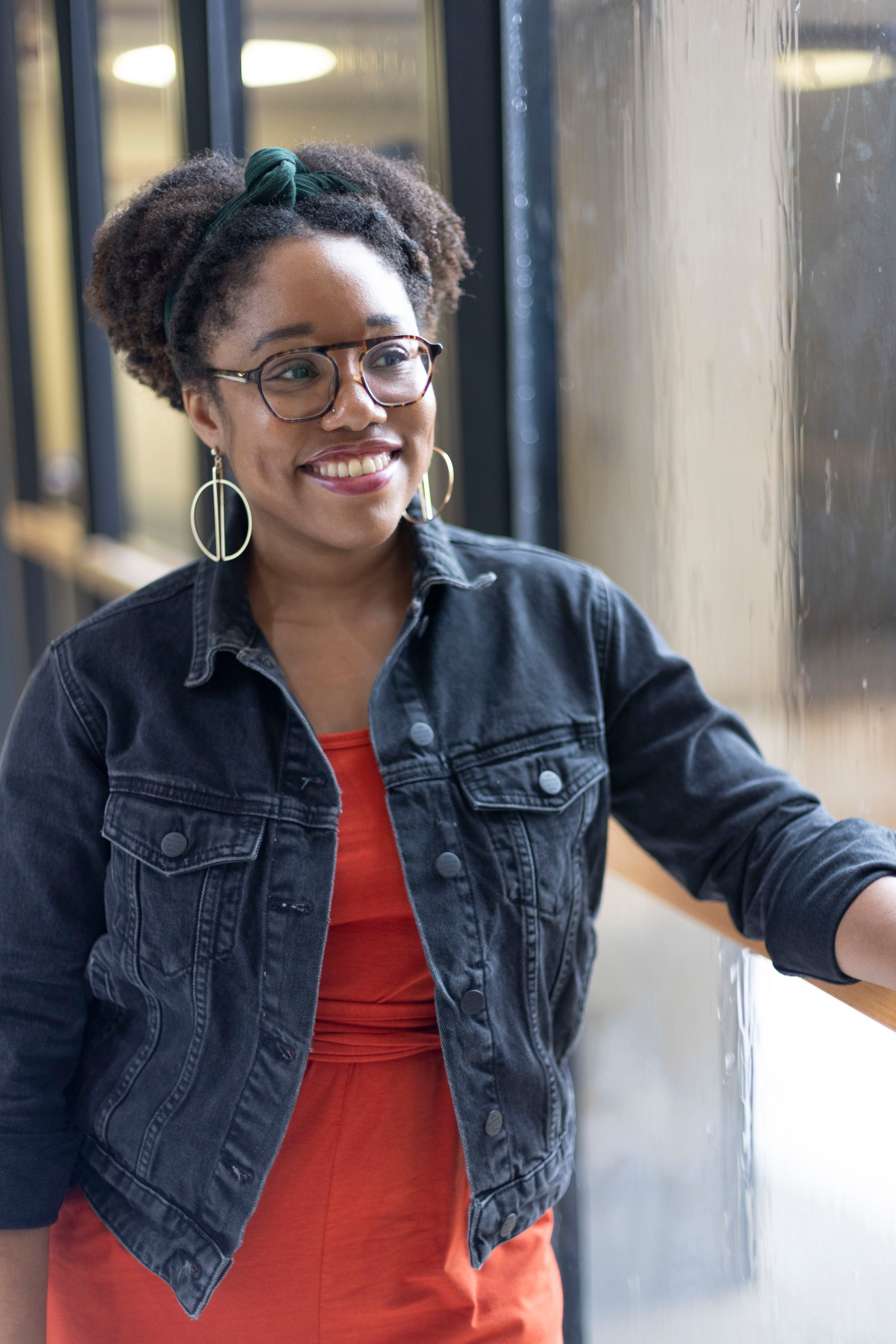
Aisha’s watch/listen list:
“Bitch Talk Podcast”: A podcast about the need for Black women and other women of color to be represented in media and the arts, featuring interviews from people working in the industry. Harris is a guest in one episode.
“Nanny”: A horror film, filled with imagery from African folklore, about a Senegalese immigrant who’s a nanny for a wealthy white couple in Manhattan. “It’s genuinely haunting, and it’s beautiful and really moving,” Harris said.
“Popcast”: New York Times’ music podcast with interesting and in-depth conversations.
“All Dirt Roads Taste of Salt”: An experimental film that explores the lives of a southern Black family from the point of view of a Black woman through multiple generations.
Marvin Gaye: Legendary singer-songwriter — and better than Kenny G, Harris said.

